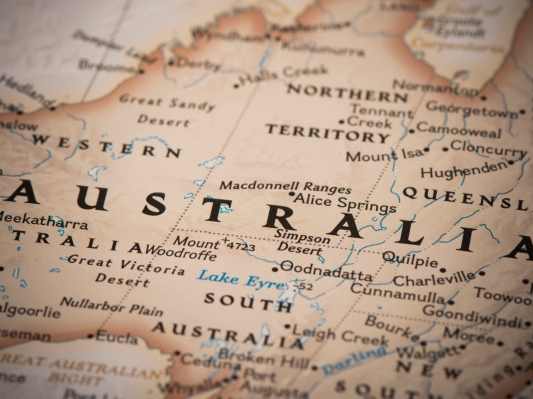2018 is the year for ride-hailing expansions. Fresh from China’s Didi moving into Brazil and Taiwan, Ola in India is taking the first steps to move into the Australian market which expands its rivalry with Uber.
Ola — which counts Didi as an investor — announced today that it has started recruiting drivers in Sydney, Melbourne and Perth in what will be its first expansion outside of India.
Founded in 2011, Ola claims over 125 million registered users and more than one million drivers across 110 cities in India. The company — which has raised over $2.5 billion from investors — said it is working to gain the necessary approvals to launch its service in Australia, initially in those three cities. TechCrunch understands that there will be further information in the coming weeks. Ola’s initial plan is to launch private hire vehicles in Australia.
Media reports in India earlier this month linked the company with launches in Australia and New Zealand, while there have also been suggestions that it will move into Sri Lanka and Bangladesh. Ola isn’t commenting on those expansions at this point, but sources close to the company told TechCrunch that there is “an appetite for international expansion.”
Australia itself is dominated by Uber, Ola’s foe in India, which operates in over 20 cities across the country and New Zealand. Ola isn’t the only new arrival, though. Europe’s Taxify — another company backed by Didi — moved into Australia via a Sydney launch in November. It has since expanded to Melbourne.
“We are very excited about launching Ola in Australia and see immense potential for the ride-sharing ecosystem which embraces new technology and innovation,” said Ola co-founder and CEO Bhavish Aggarwal.
“With a strong focus on driver-partners and the community at large, we aim to create a high-quality and affordable travel experience for citizens and look forward to contributing to a healthy mobility ecosystem in Australia,” he added.
Ola and Uber share two investors in common — Didi and SoftBank. The Chinese firm took equity in Uber following the acquisition of its China-based business, while it recently agreed to an investment from SoftBank. Now we can add a new battleground to the tangled relationship between the two companies.
